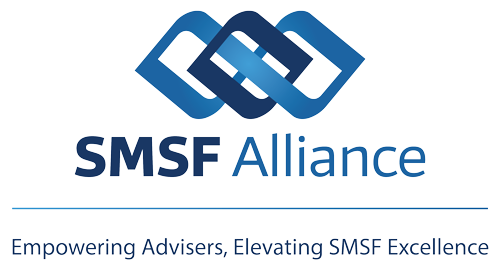Last week we mentioned SMSFs investing in 13.22C entities, commonly referred to as related property trusts or companies, and the danger of failing to satisfy the ongoing requirements under Regulation 13.22D. If this occurs the SMSF’s investment in the entity will become a permanent in-house asset as the breach cannot be fixed. If this results in the level of in-house assets exceeding the 5% limit, which it usually does, then the SMSF will need to divest itself of the investment in the entity. This will generally be required before the end of the financial year following that in which the breach occurred. For example, if the 5% limit is breached at any time during the 2018 year it is reported at 30 June 2018 and must be rectified by 30 June 2019.
The most common breaches occur due to;
- Arranging a borrowing or using the assets of the entity as security for a borrowing.
- Overdrawing the entity’s bank account, even for what would seem like an insignificant amount and even if promptly rectified.
- Investing in other entities, including listed shares.
- Failing to pay a distribution from the 13.22C trust to the SMSF such that it becomes a loan.
- Using an unapproved cash account. The cash account must be with an authorised deposit-taking institution within the meaning of the Banking Act 1959. A cash management trust is not allowed. If the entity is purchasing a property in a foreign jurisdiction – this was not uncommon during the US housing price crash – special care must be taken as most foreign banks are not permitted.
- The entity conducts a business, so the entity cannot develop multiple properties for sale.
- The entity acquires property from a related party that is not business real property. It can only do so from unrelated parties.
- The absence of a binding lease with a related party tenant of business real property or the related party failing to pay its rent.
Interestingly one of the legislative breaches is if the number of members in the SMSF increases to 5 or more. If the number of members allowed in an SMSF rises to 6 this regulation will require amending and, until it is, membership of the SMSF be restricted to 4.


